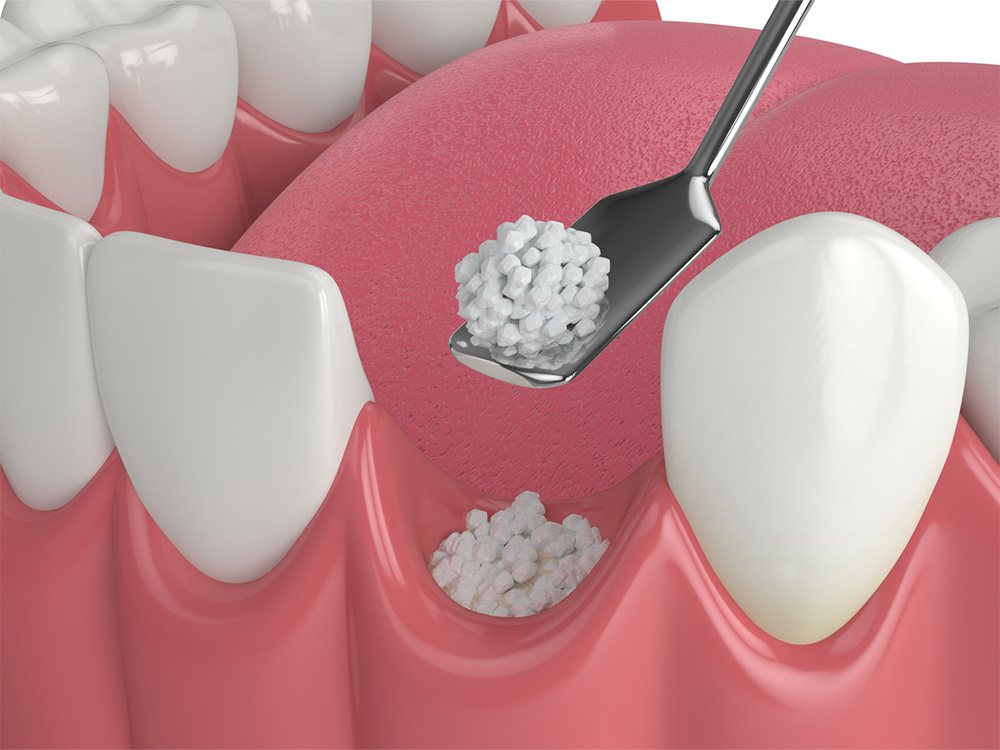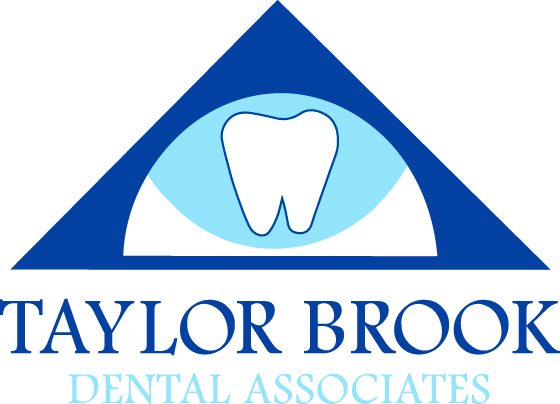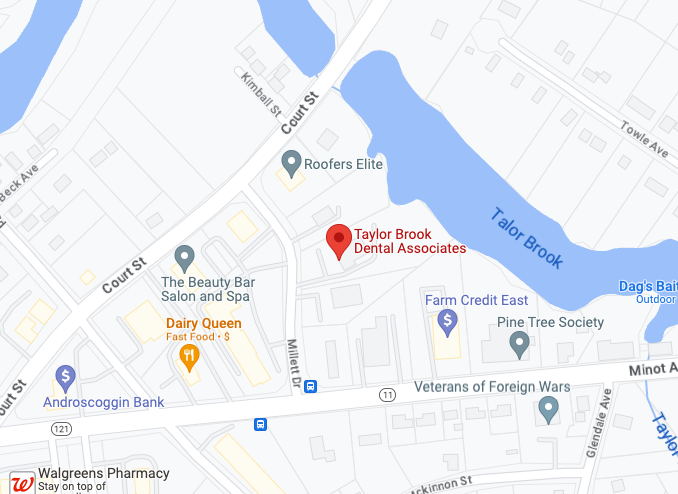Dental Bone Grafting
Dental bone grafting is a surgical procedure used to repair or rebuild bones through the transplantation of bone tissue. This procedure allows your dentist to recreate bone and supporting tissue that are missing, typically to support dental implants.
Dental Bone Grafting in Auburn, ME
Dental bone grafting is necessary when there is a deficiency of natural bone in the mouth to support dental implants. This deficiency can be caused by developmental defects, gum disease, face injury or trauma, or empty space after teeth are removed.
There are several types of dental bone grafts. The best solution depends on the damage that needs to be repaired and the location of the lost tooth. At Taylor Brook Dental Associates, we offer:
Socket Preservation:
Socket preservation is a bone grafting procedure our dentist completes after tooth extraction. This involves packing bone graft material into the empty tooth socket. Socket preservation slows the resorption process where the tooth is missing. It can also help preserve the health of the bone until a dental implant can be placed.
Ridge Augmentation:

-
What is a dental bone graft?
Dental bone grafting is a minorly invasive surgical procedure that helps grow new bone that was destroyed or replace the unhealthy or missing bone with new bone.
The graft may be taken from another area of the body or created through synthetic or other materials. It usually consists of processed bone minerals that help your body create new bone cells over time.
-
Are dental bone grafts painful?
Dental bone grafts are usually an outpatient procedure. The procedure is typically done before a dental implant/tooth replacement and usually causes little to no pain throughout the entire process.
-
How long does it take to recover from a dental bone graft?
Your dentist will usually give you antibiotics to prevent infection and, in some cases, pain medication. However, pain medication usually isn’t necessary as most patients don’t feel any pain.
A dental bone graft is usually the first step to dental implants. Once the dental bone graft is complete, your dentist must wait for the new bone to fuse with the natural bones in your mouth before they can complete the process. This timeframe is different for everyone but shouldn’t take longer than a month or two.
More Questions?
If you have more questions about dental bone grafting, or if you would like to schedule an appointment or contact our office and we will be happy to discuss further.

